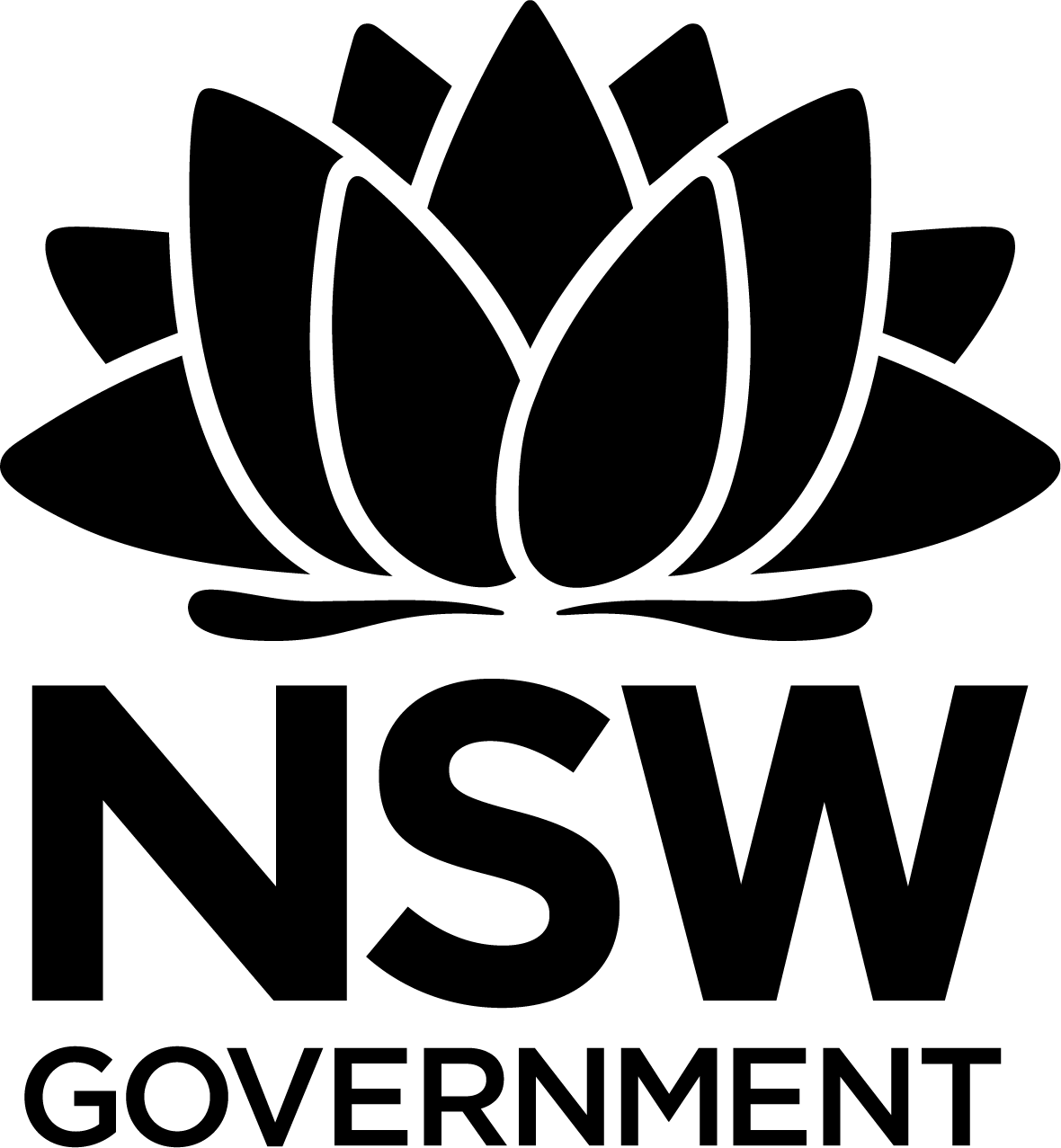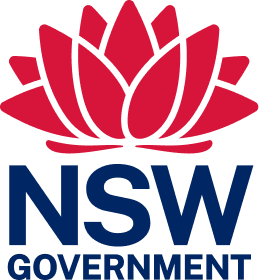
Crown land manager resource
How the commons system works
The commons trust
A common is managed by a commons trust established, named and constituted as a corporation by the minister administering the Commons Management Act 1989 (the CM Act), in accordance with the provisions of the CM Act.
The affairs of the commons trust are managed by one of the following methods:
- an administrator appointed by the minister administering the CM Act (the minister)
- a trust board elected from and by the commoners
- a local authority (local government council).
Trust managers must not receive any personal benefit from fulfilling their role as trustee or through their dealings with the commons trust property.
What is the legal status of a commons trust?
A commons trust holds the legal ownership of the land making up the common and is responsible for it in almost every respect.
However, it can only use or deal with that land in ways that are permitted by the CM Act and are consistent with the purposes for which that common was set aside or, if a management plan has been adopted by the minister, uses that are set out in that plan.
When a commons trust is established, it is given a corporate name.
When an action is taken by a commons trust (for example, if it enters into contracts or grants leases or licenses), this is done using its corporate name. Contracts should not be entered into using the names of individual members of the commons trust board. If the affairs of a commons trust are managed by a council, the name of the council should not be used.
What is a commons trust board?
A trust board for a common is made up of commoners who are elected at a general meeting of the commoners. It works in a similar way to the board of directors of a company.
See Role and responsibilities of a commons trust board [link to page] for more about what trust boards do.
What are commons trust board members’ liabilities?
Members of a commons trust board are protected against most legal claims that arise in the course of the use and management of the common, provided the commons trust (the statutory corporation) and the members of the commons trust board have acted in good faith and in accordance with the CM Act.
However, commons trust board members can be personally liable for breaches of legislation covering workplace health and safety, environmental protection and pollution, anti-discrimination and freedom of information.
When might an administrator be appointed?
The minister can appoint an administrator to manage a commons trust when a common is first set aside. This is to fulfil the role of a commons trust board prior to the establishment of the commoners’ roll and the election of members to the commons trust board.
An administrator can also be appointed if:
- an election to elect members of the commons trust board has failed
- a commons trust has been notified by the minister that the trust has been committing a breach of the CM Act and that breach is not remedied
- an inquiry has been held and the minister decides that it would be in the best interests of the commoners to remove the current commons trust board and appoint an administrator
- the commons trust board has no members and the minister determines that there is no prospect of suitable candidates being elected to the commons trust board.
The commons trust board may have no members if, for example, all the members have:
- ceased to be eligible to be commoners (e.g. they have all sold the land in the local district that qualified them to be enrolled for that common)
- resigned
- died
- been removed from office by the minister
- been removed from office because they have been convicted of certain categories of criminal offences (which causes them to lose their office automatically).
How does someone become enrolled as a commoner?
The Commons Management Regulation 2018 (the CM Regulation) states that a person who is eligible to be enrolled as a commoner for a particular common can apply to be enrolled by “filling in the approved application form and submitting it to the commons trust”. However, at present, there is no approved application form in existence, so each commons trust may create their own application form or accept an application by letter.
An application form or application letter should contain the following information:
- the applicant’s name and residential address
- details of all land within the land district for that common which the applicant owns or leases
- a declaration that the applicant is not enrolled as a commoner of another common
- any other relevant information to show that the applicant meets any particular requirements of the notice that established the common
- a declaration that they will abide by the Code of Conduct adopted for the common.
The commons trust can charge a fee for receiving the application. The maximum fee is notified in Schedule 2 of the CM Regulation.
Notice to be given
The commons trust must display copies of the application in at least two conspicuous places on the common (for example, at entrance points or at a building that most commoners would visit when they are on the common). A copy of the application must also be displayed at some other public place not on the common, as determined by the commons trust.
The application must remain on display until the application has been accepted or rejected.
Commons trust hearing and consideration of applications
A commons trust must deal with an application for enrolment as soon as possible after it is lodged.
The application:
- cannot be dealt with until at least five days have passed since copies of the application were put on display
- must be finalised within two months after it is lodged.
The commons trust must hear and consider the applicant’s request to be enrolled, as well as any objections made by other commoners. The commons trust must then decide whether to add the applicant’s name to the roll of commoners, or to refuse the application.
If an application is refused, the commons trust must immediately give the applicant written notice that the application has been refused, including the reasons for refusal.
Appeal against refusal of application
A person whose application for enrolment has been refused can appeal against that decision to the NSW Civil and Administrative Tribunal (NCAT).
The appeal must be lodged within 28 days after the applicant received notification that the application had been refused. A fee must be paid when the appeal is lodged.
The commons trust is entitled to be heard when NCAT considers the appeal.
The NCAT can either confirm the commons trust’s decision to refuse the application, or can order that the person be enrolled as a commoner. The commons trust must act accordingly.
Annual review of the commoners’ roll
Not later than 15 December each year, a special meeting of the commoners must be held to review the commoners’ roll and remove the names of people who are no longer entitled to be enrolled.
The commons trust must write to any affected person to give notice of the determination and the grounds for the decision. The person may object to the decision and has 28 days after the date of the decision to write and give grounds for the objection. The commons trust must meet within seven days of receiving an objection, and the objector is entitled to be heard. The commons trust must then consider the objection/s and either confirm or reverse the original decision. The process must finish within three months of the original decision.
The restriction on owning or leasing more than 20 hectares of land within the land district for the common (which would make a person ineligible to remain enrolled) does not apply to commoners who were enrolled as at 1 September 1991, under the Savings and Transitional Provisions (Schedule 5) of the CM Act.
How does a commons trust work with the department?
The appointment of a commons trust board is intended to ensure that day-to-day management of the common is performed by commoners. However, the commons trust board remains responsible to the minister administering the CM Act for the proper management of the common.
In this regard, the principal point of contact for the members of a commons trust board is the department. The department is available to assist with matters that arise concerning the operation of the commons trust or the use and management of the common.
There are certain activities that require the consent of the minister, for example, the granting of a lease over all or part of a common. In such circumstances the commons trust board should contact the department at the outset of any discussions.
Regulatory requirements
Creation of commons trusts and their status: Commons Management Act 1989, sections 4 and 8
Appointment of administrators: Commons Management Act 1989, section 5 and 48
Liability of commons trust board members: Commons Management Act 1989, Schedule 2, clause 5
Membership of commons, applications, appeals, review of the roll: Commons Management Act 1989, sections 10 and 11 and Schedule 5; and Commons Management Regulation 2018, clauses 5 to 11
This Crown land manager web resource was printed on 27 Jul 2024. The information contained in this web resource is based on knowledge and understanding at the time of writing Jul 2024. However, because of advances in knowledge, users are reminded of the need to ensure that the information upon which they rely is up to date and to check the currency of the information by referring to the website (www.reservemanager.nsw.gov.au).
© State of New South Wales through Department of Planning, Industry & Environment 2024.
Page link: https://reservemanager.crownland.nsw.gov.au/who-we-are/commons-management/how-the-commons-system-works


